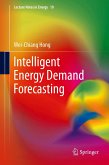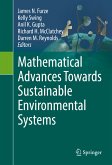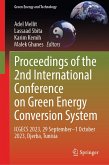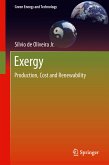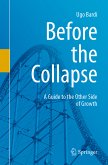It covers meta-heuristic algorithms, chaotic mapping mechanism, quantum computing mechanism, recurrent mechanisms, phase space reconstruction, and recurrence plot theory.
The book clearly illustrates how these intelligent technologies could be hybridized with those traditional forecasting models. This book provides many figures to deonstrate how these hybrid intelligent technologies are being applied to exceed the limitations of existing models.
Dieser Download kann aus rechtlichen Gründen nur mit Rechnungsadresse in A, B, BG, CY, CZ, D, DK, EW, E, FIN, F, GR, HR, H, IRL, I, LT, L, LR, M, NL, PL, P, R, S, SLO, SK ausgeliefert werden.



